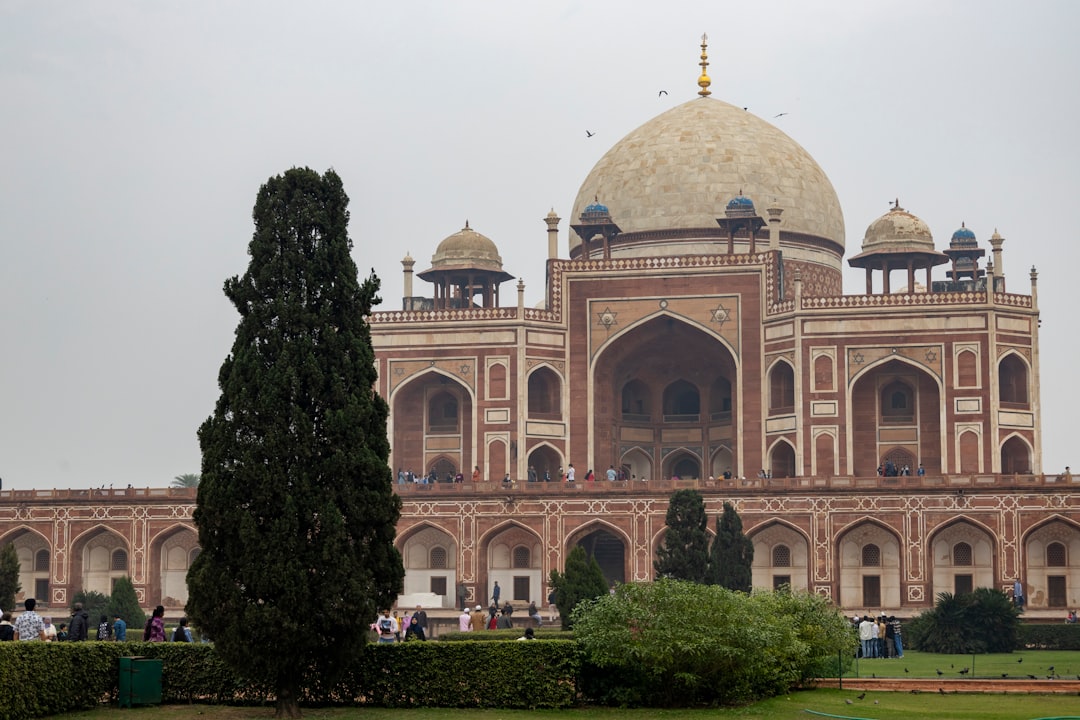
Unearthing Hidden Gems: Explore Lesser-Known Travel Destinations
# Introduction. Travel is often about the well-trodden paths—iconic landmarks, famous cuisines, and popular attractions. However, intrepid explorers know that the most enriching experiences are often found off the beaten track. Hidden gem destinations offer not only tranquility but also distinct cultural experiences that mainstream hotspots often lack. In this post, we will dive into some extraordinary locations around the globe that promise unique experiences, stunning landscapes, and rich histories, all while avoiding the crowds. Join me as we explore these breathtaking hidden gems that deserve a spot on your travel itinerary. # 1. The Enchanting Landscape of Gjirokastër, Albania. Gjirokastër, a UNESCO World Heritage Site, is often overshadowed by the bustling cities of Tirana and Saranda in Albania. Known for its Ottoman-era architecture and cobblestone streets, Gjirokastër is just as picturesque as it is storied. Wander through the narrow lanes lined with stone houses that appear to cling to the hillside, and visit the impressive Gjirokastër Castle. The castle offers stunning views of the valley below and houses a museum where visitors can learn about the region's rich history. No visit is complete without trying the local dish, ‘qifqi’—a rice ball made with herbs, which captures the essence of Albanian cuisine. This charming city provides insight into Albania’s culture while giving sufficient space to relax and unwind, away from the usual tourist hustle. # 2. The Serene Beauty of Sapa, Vietnam. Often known for its terraced rice fields and rich culture, the town of Sapa in northern Vietnam is a hidden gem for those seeking both adventure and tranquility. Nestled in the mountains, Sapa is home to several ethnic minority groups, each with unique traditions and ways of life. Visitors can trek through incredibly scenic landscapes dotted with lush vegetation and colorful local markets. The best way to immerse yourself in Sapa is to book a homestay with a local family, which allows for a more authentic experience. Whether you're sipping on locally grown coffee while gazing out over terraced fields or participating in traditional crafts, Sapa invites travelers to connect profoundly with nature and culture. # 3. The Timeless Charm of Matera, Italy. Typically recognized by its fascinating cave dwellings, known as ‘Sassi’, Matera is one of the oldest continuously inhabited cities in the world. Located in the region of Basilicata, this Italian city boasts a unique blend of historical architecture, art, and local cuisine. Take a walking tour to navigate the ancient stone pathways, where you'll find breathtaking views of the surrounding valleys. Matera has become increasingly popular owing to its cultural renaissance, but it still retains a laid-back, magical atmosphere. Be sure to indulge in traditional dishes such as ‘cicoria’ and ‘peperoni cruschi’, which reflect the flavors of Southern Italy. With its dramatic scenery and rich storytelling, Matera warrants exploration beyond the regular Italian tourist fare. # 4. The Artistic Hub of Valparaíso, Chile. Valparaíso, a colorful coastal city in Chile, is often overlooked in favor of its more famous neighbor, Santiago. With its eclectic street art and vibrant houses perched on steep hillsides, Valparaíso is a feast for the senses. The city has a rich maritime history and is famed for its bohemian culture, making it a hub for artists and musicians. Exploring the labyrinth of alleyways, enjoy local street food like ‘Completo’, a unique Chilean hot dog, and check out the cafes that line the waterfront. Valparaíso is also a gateway to the beautiful beaches of the Chilean coast, and its unique charm guarantees an unforgettable adventure. # Conclusion. Hidden gems are often the perfect destinations for those seeking unique experiences in their travels. From the historic streets of Gjirokastër to the enchanting landscapes of Sapa, and the artistic vibes of Valparaíso to the ancient charm of Matera, each of these hidden destinations offers something special beyond the typical tourist trail. Embrace the spirit of adventure by venturing into these lesser-known locales, and you may just find your most memorable travel experiences await in the unexpected corners of the world. .






